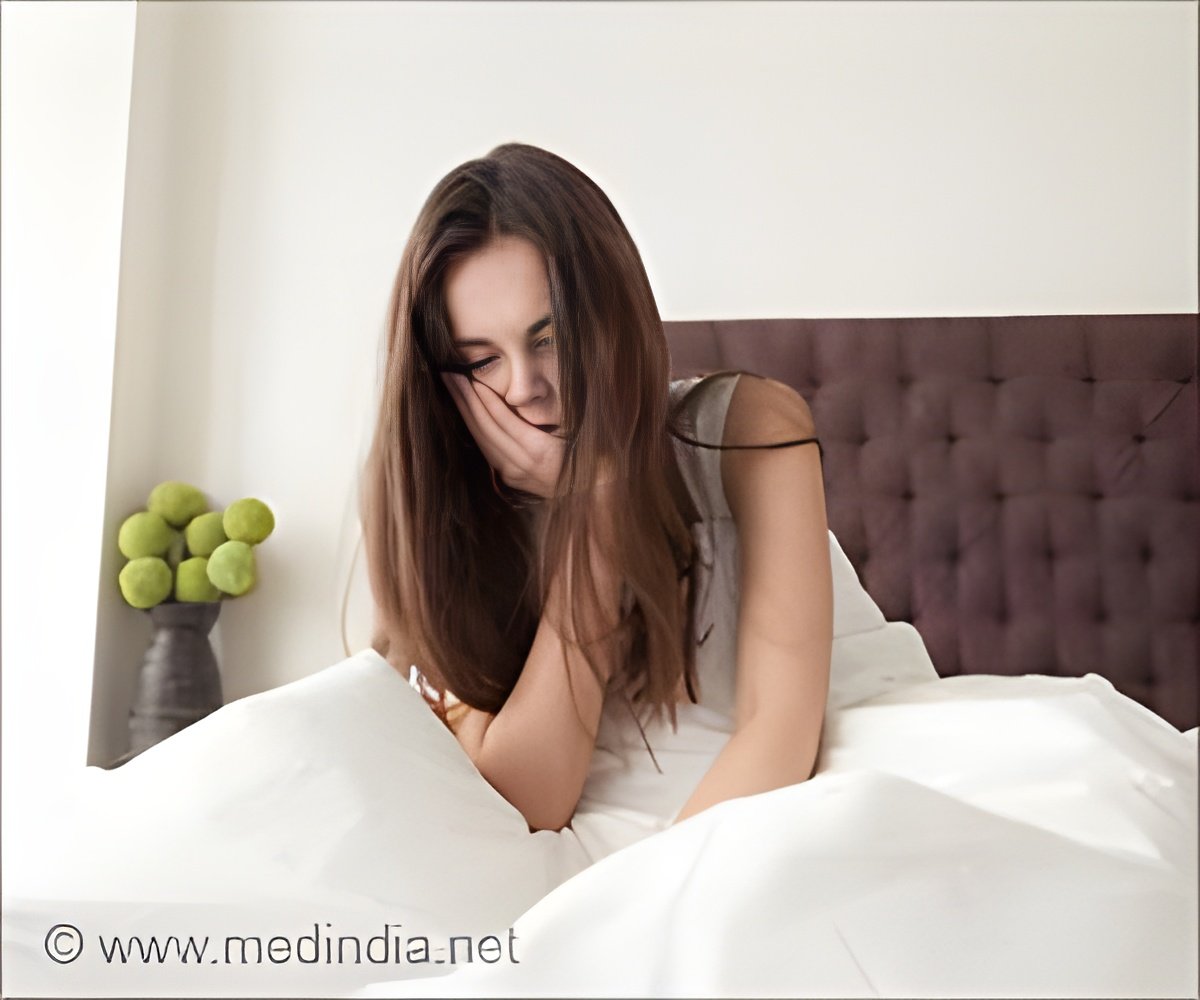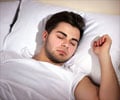Sleep deprivation not only leads to fatigue but can also impact the overall well-being of a person.

Sleep deprivation makes us less happy, more anxious
Go to source). The study synthesized more than 50 years of research on sleep deprivation and mood. Lead author Cara Palmer, Ph.D., of Montana State University said that the findings showed that more than 30 percent of adults and up to 90 percent of teenagers don’t get enough sleep.
‘Lack of sleep goes beyond inducing fatigue; it affects emotional well-being, reduces positive moods, and increases the risk of anxiety symptoms.
#sleep, #sleepdeprivation, #positivemoods, #well-being
’





“In our largely sleep-deprived society, quantifying the effects of sleep loss on emotion is critical for promoting psychological health,” Palmer said. “This study represents the most comprehensive synthesis of experimental sleep and emotion research to date, and provides strong evidence that periods of extended wakefulness, shortened sleep duration, and nighttime awakenings adversely influence human emotional functioning,” she added.
Emotional Toll of Sleep Deprivation and Anxiety Risks
The team analyzed data from 154 studies spanning five decades, with 5,715 total participants. In all those studies, researchers disrupted participants’ sleep for one or more nights.In some experiments, participants were kept awake for an extended period. In others, they were allowed a shorter-than-typical amount of sleep, and in others, they were periodically awakened throughout the night.
Each study also measured at least one emotion-related variable after the sleep manipulation, such as participants’ self-reported mood, their response to emotional stimuli, and measures of depression and anxiety symptoms.
Overall, the researchers found that all three types of sleep loss resulted in fewer positive emotions such as joy, happiness, and contentment among participants, as well as increased anxiety symptoms such as a rapid heart rate and increased worrying.
Advertisement
“We also found that sleep loss increased anxiety symptoms and blunted arousal in response to emotional stimuli.”
Advertisement
One limitation of the study is that the majority of participants were young adults -- the average age was 23.
Future research should include a more diverse age sample to better understand how sleep deprivation affects people at different ages, according to the researchers.
“The implications of this research for individual and public health are considerable in a largely sleep-deprived society. Industries and sectors prone to sleep loss, such as first responders, pilots, and truck drivers, should develop and adopt policies that prioritize sleep to mitigate against the risks to daytime function and well-being,” Palmer said.
Reference:
- Sleep deprivation makes us less happy, more anxious - (https://www.apa.org/news/press/releases/2023/12/sleep-deprivation-anxious)
Source-IANS











